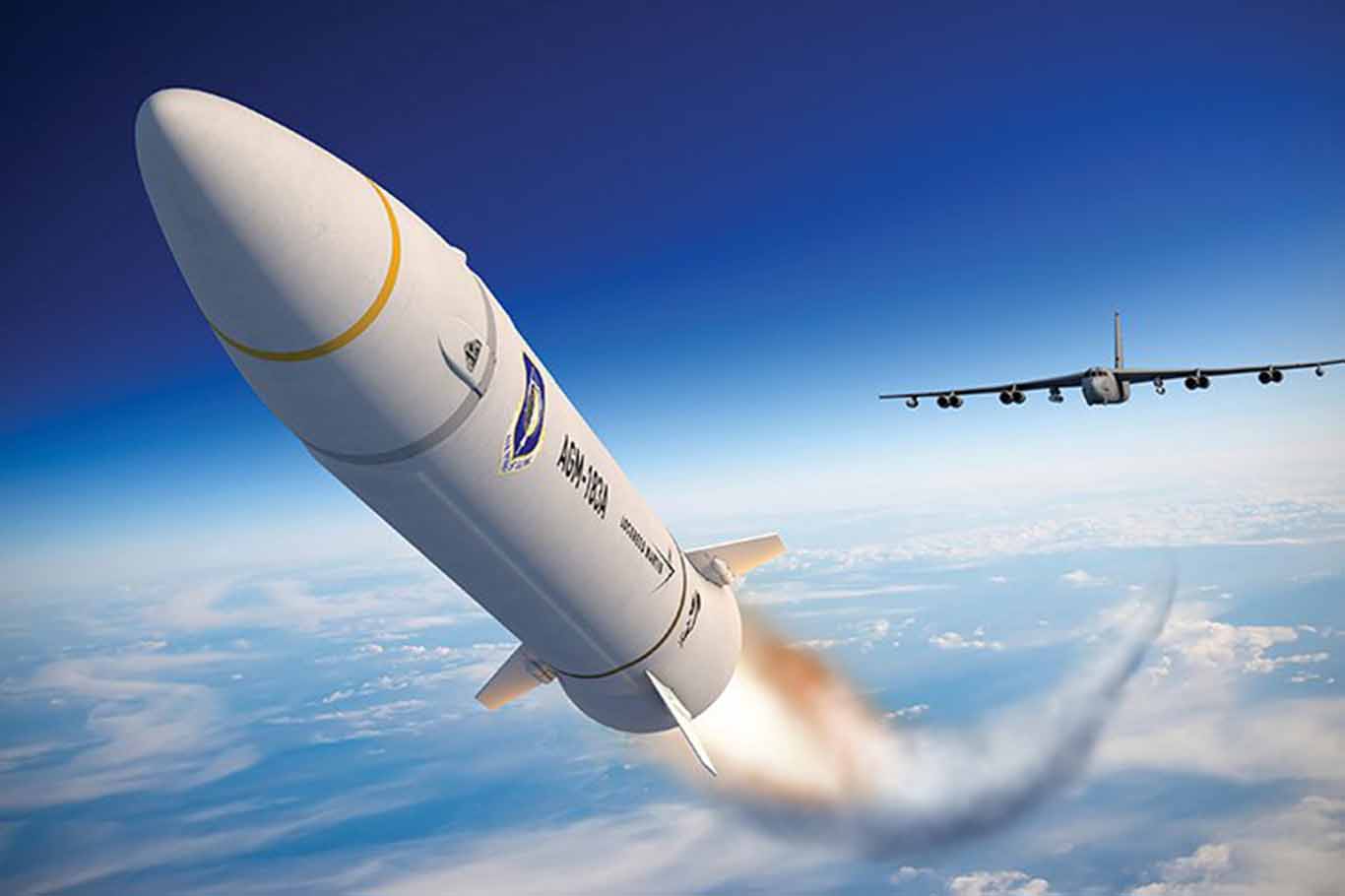Iran develops hypersonic ballistic missile--IRGC


The Commander of the Aerospace Force of the Islamic Revolutionary Guards Corps (IRGC) Brigadier General Amir-Ali Hajizadeh announced the construction of a hypersonic ballistic missile in the country.
“This newly-developed ballistic missile will pass through all missile defense systems. It is not believed that such a technology can be developed for decades to counter it. This missile targets the enemy's anti-missile systems and is a giant leap in the field of missile technology,” Hajizadeh said.
Hypersonic weapons are missiles and projectiles which travel at between 5 and 25 times the speed of sound – about 1 to 5 miles per second (1.6 to 8.0 km/s).
Below such speeds, weapons would be characterized as subsonic or supersonic, while above such speeds, the molecules of the atmosphere disassociate into a plasma which makes control and communication difficult. Directed-energy weapons such as lasers may operate at higher speeds but are considered a different class of weaponry.
Currently, China, India, Russia, and the US have developed fully functional hypersonic weapons in the form of glide vehicles, ballistic missiles, rail guns, and air-breathing cruise missiles having their own respective independent programs and have demonstrated sustained hypersonic combustions. (ILKHA)
LEGAL WARNING: All rights of the published news, photos and videos are reserved by İlke Haber Ajansı Basın Yayın San. Trade A.Ş. Under no circumstances can all or part of the news, photos and videos be used without a written contract or subscription.
The United States and China have reached an agreement allowing the popular social media platform TikTok to continue operating in the American market under new ownership conditions.
U.S. President Donald Trump has again nominated billionaire entrepreneur and private astronaut Jared Isaacman to serve as Administrator of NASA, a move that reignites debates over political favoritism, corporate influence, and the future direction of America’s space program.
Chinese scientists have announced the development of a revolutionary analog computing chip that they say can outperform today’s most advanced digital graphics processing units (GPUs) by up to 1,000 times while consuming only a fraction of the energy.
IBM has announced a significant breakthrough in quantum computing, successfully deploying a quantum error correction algorithm on commercially accessible hardware. The development, revealed on Friday, marks a step closer to realizing practical, large-scale quantum computers.